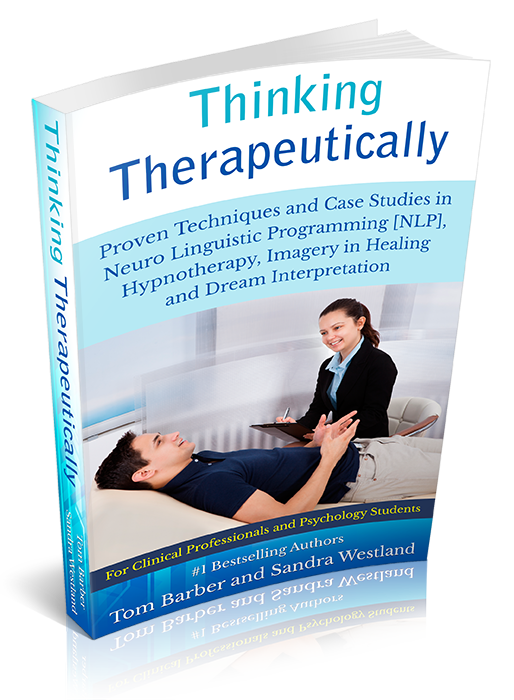The Power of the Therapeutic Relationship: Your Path to Effective Therapy
“The good life is a process, not a state of being. It is a direction, not a destination.” This quote by Carl Rogers, a pioneer of modern psychotherapy, encapsulates the essence of the therapeutic journey.
But what makes this journey effective? The answer lies in the therapeutic relationship — a connection that often defines the success of counselling, psychotherapy, CBT, or EMDR.
What Is the Therapeutic Relationship?
At its core, the therapeutic relationship is the professional bond between you and your therapist. It’s not just about sitting in a room and talking. It’s about trust, safety, and collaboration.
This relationship creates a space where you can explore your thoughts, emotions, and behaviours without fear of judgment.
A strong therapeutic relationship acts as the foundation for change. It’s where the magic happens: insights are gained, patterns are recognised, and healing begins.
Research consistently shows that the quality of the therapeutic relationship is one of the most significant predictors of successful outcomes in therapy.
Why Is the Therapeutic Relationship So Important?
You might wonder why this relationship matters so much. Surely, it’s the therapist’s skills or the type of therapy that count?
While these are important, studies suggest that the therapeutic relationship accounts for around 30% of successful therapy outcomes. That’s more than any specific technique or intervention.
Here’s why:
- Trust Builds Safety: Therapy can involve discussing deeply personal and sometimes painful topics. A trusting relationship allows you to open up without fear of being judged or misunderstood.
- Collaboration Drives Progress: Therapy isn’t a one-way street. A strong relationship fosters collaboration, making it easier for you and your therapist to work together towards your goals.
- Empathy Facilitates Understanding: When you feel truly heard and understood, it can be profoundly healing. A good therapeutic relationship ensures your emotions are validated and respected.
What Makes a Good Therapeutic Relationship?
Not all therapeutic relationships are created equal. Here are some key elements that make the difference:
- Genuineness: Your therapist should be authentic, not just following a script. Their humanity matters as much as their professional expertise.
- Empathy: Feeling understood is crucial. A therapist’s ability to step into your shoes and see the world from your perspective makes all the difference.
- Unconditional Positive Regard: This is a fancy way of saying that your therapist accepts you for who you are, without judgment.
- Clear Boundaries: Professional boundaries are vital. They create a safe, predictable space where therapy can thrive.
- Collaboration and Feedback: The best therapeutic relationships are partnerships. Your input matters, and a good therapist will encourage your feedback.
How to Recognise a Good Therapeutic Fit
Choosing a therapist can feel daunting. Here are some actionable tips to help you:
- Trust Your Instincts: Your initial impression matters. Do you feel comfortable? Does the therapist’s style resonate with you?
- Look for Warmth and Respect: A good therapist listens attentively and respects your pace. You should never feel rushed or dismissed.
- Ask Questions: Don’t hesitate to ask about their approach, qualifications, and experience. It’s your therapy, and you have a right to know.
- Evaluate the First Few Sessions: It’s okay if it takes a few sessions to feel at ease. But if you consistently feel uncomfortable or unheard, it might not be the right fit.
The Role of Colchester Counselling and Psychotherapy Practice
At Colchester Counselling and Psychotherapy Practice, we understand how critical the therapeutic relationship is to your healing journey.
That’s why we prioritise creating a space where you feel safe, valued, and empowered.
Our team of experienced therapists brings not only professional expertise but also a genuine commitment to understanding your unique story.
Whether you’re navigating anxiety, depression, trauma, or life transitions, our approach centres on building a collaborative and compassionate partnership with you.
Common Myths About Therapy and the Therapeutic Relationship
Let’s debunk a few misconceptions:
- “A therapist will tell me what to do.” Therapy isn’t about advice-giving. It’s about helping you find your own answers.
- “Therapy works instantly.” Building a therapeutic relationship and achieving meaningful change takes time and patience.
- “I need to be in crisis to seek therapy.” You don’t have to wait for a crisis. Therapy can be a proactive step towards personal growth.
Final Thoughts
The therapeutic relationship is more than just a professional interaction. It’s a transformative connection built on trust, empathy, and collaboration.
When you find the right therapist, this relationship becomes a powerful catalyst for change and healing.
At Colchester Counselling and Psychotherapy Practice, we’re here to help you take that first step. Remember, therapy is a journey, and finding the right guide can make all the difference.
Dr Tom Barber is an experienced integrative and existential psychotherapist and counsellor, who has been helping people overcome personal challenges for nearly 30 years. He is a bestselling author of 6 books, and spends his time between private clients, teaching and lecturing internationally, writing, and developing programmes to help people improve the quality of their life. Tom is a co-founder of Self Help School, a rich hub of resources and education for people looking for self-improvement. His academic speciality is in the subject of trauma and emotion.


